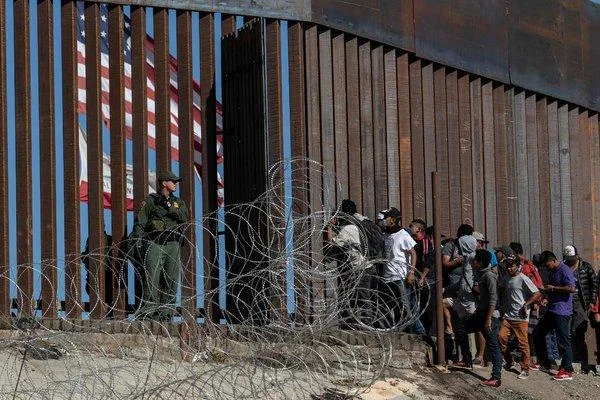Is MS-13 a Foreign Terrorist Organization? By Jeremy Berkowitz
The international gang most commonly referred to as MS-13 (aliases include Mara Salvatrucha, MS, and Mara) is a particularly violent and heinous criminal organization that poses a danger to civilians across North and Central America. Since taking office, the Trump Administration has placed considerable resources into prosecuting the organization, referring to it as “one of the gravest threats to American public safety” and conducting raids aimed at weakening or destroying the group’s American presence.
However, the Trump Administration has backed away from an early proposal to combat the group, having the U.S. State Department designating MS-13 a Foreign Terrorist Organization (FTO). In April, Attorney General Jeff Sessions suggested that the group “could qualify” for the designation, but later stated that MS-13 meets “some of the qualifications” but that he was uncertain what the “standards for that designation were.”
I examined whether MS-13 meets the three necessary qualifications for FTO designation, relying upon open-source information and public records. Although classified records available to the State Department may contradict these findings, I believe this analysis increases awareness of what FTO designation requires, and hopefully provides insight into why Attorney General Sessions might have made, and then later appeared to backtrack, on his statement.
MS-13 unequivocally meets the first criterion for FTO designation: that the group must be a foreign organization. Although MS-13 was initially formed in the United States, the gang is currently active throughout the Western Hemisphere, with the majority of its members concentrated in Mexico, El Salvador, Guatemala, and Honduras.
However, there is only mixed evidence that MS-13 meets the second criterion: that the organization must engage in terrorism or have the capabilities and intent to engage in terrorist activity. The Global Terrorism Database, a commonly utilized open-source event database on terrorist attacks that is partially funded by the U.S. Government, does not contain any events attributed to MS-13 or its aliases between 1970 and 2015.
Another (partially) open-source analytical tool, the Terrorism Research and Analysis Consortium group profiles, does list MS-13 as a terrorist organization, although its profile only provides details on its involvement in narcotics, human trafficking, and transnational crime. If MS-13’s actions are solely economic in intention, they likely do not meet the legal definition of terrorism utilized by the FTO, “premeditated, politically motivated violence perpetrated against noncombatant targets by subnational groups of clandestine agents.”
The apolitical nature of MS-13’s crimes also puts into doubt the third and final designation criterion: that the terrorist activities perpetrated by the organization must threaten the security of U.S. nationals or the national security of the United States. Although MS-13 has certainly harmed U.S. nationals, often in horrendous ways, and the continued existence of the gang in the United States will undoubtedly lead to more violence against innocent civilians, it is at best ambiguous whether or not this violence can be considered political in motivation, and therefore terrorism.
The publicly available information I reviewed suggests that MS-13 does not meet the second and third criteria required for FTO designation, although classified information may contradict this conclusion. This fundamental doubt regarding MS-13’s present or future culpability in actions that can legally be defined as terrorism was likely one of the motivating factors for Attorney General Sessions moderating his call for designating the group a Foreign Terrorist Organization.
MS-13, with its significant material and human resources, is undoubtedly a threat to the United States, but without a historical record or provable intent of engaging in political violence, it should continue to be sanctioned as a transnational criminal organization, rather than a terrorist organization.
Jeremy Berkowitz is a Ph.D. Candidate in Political Science at Binghamton University.





